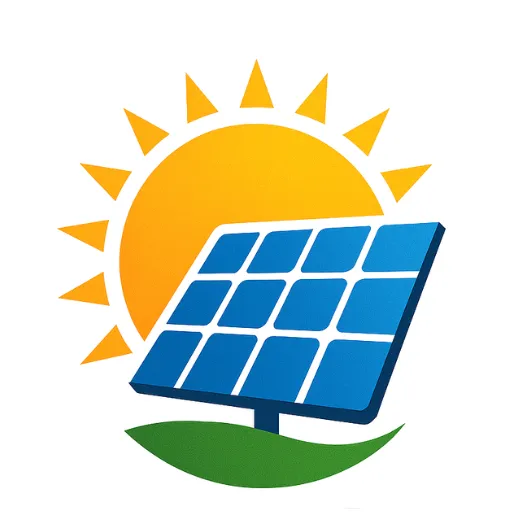Ever wondered if solar panels work during rain or cloudy weather? Here’s how solar energy systems generate power even without direct sunlight. Learn the science behind it.
Do Solar Panels Work in Rainy Weather?
Yes, solar panels do work in the rain. While their efficiency may drop, they still generate electricity. Solar panels require light, not heat, and even on cloudy or rainy days, there’s enough diffused sunlight to produce energy.
The amount of electricity generated during rain depends on multiple factors like cloud density, panel type, and system efficiency. On average, a solar system may generate 10% to 25% of its normal output during heavy rain or overcast skies.
How Is Electricity Produced Without Sunlight?
Solar panels convert light energy into electricity. Even when the sun is not directly visible, ambient and diffused light penetrates the clouds and reaches the panels. This light is still captured by photovoltaic (PV) cells, which convert it into usable energy.
Some high-efficiency solar panels, such as Topcon or bifacial models, are designed to perform better in low-light conditions. They can absorb light from both sides, including reflected light from surfaces, making them more reliable during cloudy weather.
What Happens During Heavy Rain or Storms?
During very intense storms, power generation may drop significantly or even pause for a short time. However, the rain can be beneficial in other ways. It helps naturally clean the panels, removing dust and improving efficiency when the sun returns.
Modern solar systems are also backed by battery storage or on-grid backup. If your system includes batteries or is connected to the electricity grid, you’ll still have a stable power supply even when panels aren’t producing at full capacity.
Should You Be Concerned About Monsoon Season?
Absolutely not. Solar energy systems in India are built to handle seasonal variations, including monsoons. While the production might fluctuate, the annual generation averages out across sunny and rainy months.
If you’re in a region with frequent cloudy days, it’s wise to invest in slightly higher capacity panels or hybrid inverters with battery support. This ensures continuous power and optimized performance year-round.
Conclusion
Solar panels do work in rainy and cloudy conditions, though at reduced efficiency. They generate power from light, not just direct sunlight. With proper planning, the impact of weather on your solar system is minimal. It’s still one of the most effective and eco-friendly solutions for home electricity in India.
Read More:
- First Time in India: Most Affordable 5kW Solar System with 30-Year Warranty!
- 3.3 kW UTL On-Grid Solar Inverter Price: Not Just an Inverter, But a Smart Power Machine for Your Entire Home
- This is India’s Most Affordable 2kW Solar System Package
- 3kW Solar Panel Price & Subsidy in India – Say Goodbye to Electricity Bills! (2025 Update)
- Earn Big From Sunlight! Luminous 8kW Solar System Price in 2025 Will Shock You

